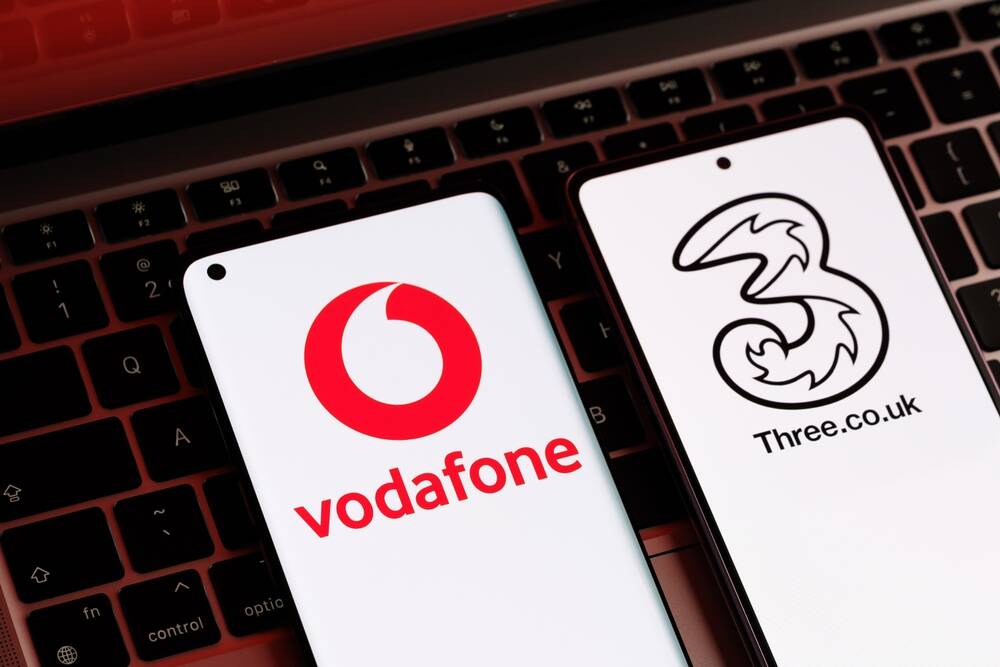
Vodafone and Three complete merger • The Register
- 02.06.2025 18:23
- theregister.com
- Keywords:
Vodafone and Three have completed their merger to form VodafoneThree, aiming for a £11bn investment in 5G. Challenges include integrating their networks and potential job losses, with improvements expected over several years.